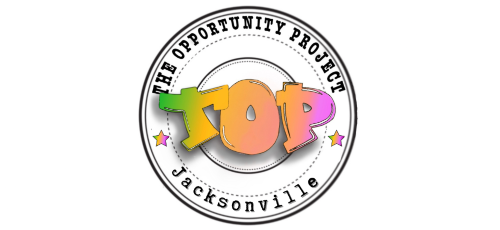Treating Addiction 2: Eric Berne MD and TA
Carrying on from last article, today I’ll look at the Transactional Analysis approach to addiction, in particular looking at Game Analysis. According to Eric Berne MD, the man who came up with the theory of Transactional Analysis and Game Analysis and author of Games People Play, we all play games in every area of our lives from relationships at work, with our significant others, even in therapy. Every interaction is like a mental contest, an opportunity to assert our will. Transactional Analysis (or TA as I will refer to it from now on to save word count!) is all about understanding human personality, relationships and communication. After studying TA as part of my training I realised just how much of our lives and human interaction is all about cycles, or as Eric Berne put it, Games People Play.
Before I explain the game of “Alcoholic”, here is a brief introduction to TA and one of the most important aspects to it: Ego States. Here are the Ego States:
Parent: This ego state is representative of the behaviours we have learned from our parents.
Adult: This ego state is logical and unchanging and represents our ability to think in the moment without prejudice.
Child: This ego state is representative of behaviours we have learned from childhood.
According to Berne, TA is a branch of Social Psychology and Game Analysis is a branch of TA. There’s a social level and psychological level to games we play. On the surface at a social level the game may look like a Parent – Child ego state interaction but at a psychological level the game being played out may be Child – Child ego states. It all depends on what each party gets out of playing the games.
In TA there’s no such thing as an addict, alcoholic, drug addict, sex addict etc but there is a type of “Life Game” called “Alcoholic”. If a biochemical or physiological abnormality is the prime cause of the particular excess (alcohol, drugs, sex etc) -and in the opinion of TA enthusiasts that is still open to some question – then the client needs to see their GP. Game analysis is interested in the kinds of social interaction that are related to excesses that can be termed as “addiction”. So, let’s look at the life game of “Alcoholic”.
It it’s full form this is a five-handed game, although the roles can be condensed so it starts and ends as a two handed one. Let’s look at the full-blown game though:
Central Role: Alcoholic
Chief Supporting Role: Persecutor (typically the Alcoholic’s partner)
3rd Role: Rescuer (typically a doctor or someone interested in the patient and their problems)
4th Role: Patsy / Dummy (a parental role who gives the alcoholic money and sympathises that others (like the persecutor) don’t understand the Alcoholic)
5th Role: Connection (direct source of supply who understands alcoholic talk and who in a way is the most meaningful person in the life of any addict).
In the initial stages of the game “Alcoholic” the partner may take on the additional roles of Patsy in the evening (helping the drunk get to bed, feeding them, even putting up with abuse), Persecutor in the morning (berating the Alcoholic for their evil ways) and Rescuer that evening (pleading with the Alcoholic to look after themselves). In later stages of “Alcoholic” the roles of Persecutor and Rescuer may disappear (usually due to the deterioration of the “Alcoholic”) but they may still be tolerated if, after being scolded and told life doesn’t have to be like this (perhaps at a shelter or from someone taking pity) they can have a handout of food, money etc.
Games often have sub-games, in this case it is “Hangover”. This is the payoff for the Alcoholic, never mind enjoying a social drink and banter, it’s the opportunity to berate oneself that the Alcoholic is really after. For the Alcoholic a good old fashioned round of “Morning After” (let me tell you about my hangover) is the secondary gain, which organisations like Alcoholics Anonymous provide an unlimited time frame to indulge in (Eric Berne was not a fan of AA!). Remember the Parent Adult Child ego states from earlier? Now we’ll use them! The transactional object of the drinking, apart from the obvious “drinking to forget / numb the pain etc”, or any pleasure they may get, is to set up a situation where the child ego state can be scolded – not only by the internal parent ego state but by other parental figures known to the person. Hence therapy using this theory and this style concentrates on “The Morning After” not the drinking itself.
There is a game “Addict” mentioned by Eric Berne is described as similar to that of “Alcoholic” but is more sinister, more dramatic, more sensational and faster. In this game the “Addict” is in such a situation where the role of Persecutor is more readily available, Patsies and Rescuers are less available and the Connection plays a much more central role. Eric Berne says the psychological cure of “Alcoholic” is simply to get them to stop playing the game altogether , rather than get them to change role. In his eyes organisations such as AA transfer the role of “Alcoholic” to that of “Rescuer” – but then what happens if the Rescuer has nobody to rescue? I’ll leave you guys to chew on that one!
If anyone would like to speak to a therapist about any issues, please visit our website www.chelmsfordtherapyrooms.co.uk and contact one of the advertising therapists.
by Jenny




